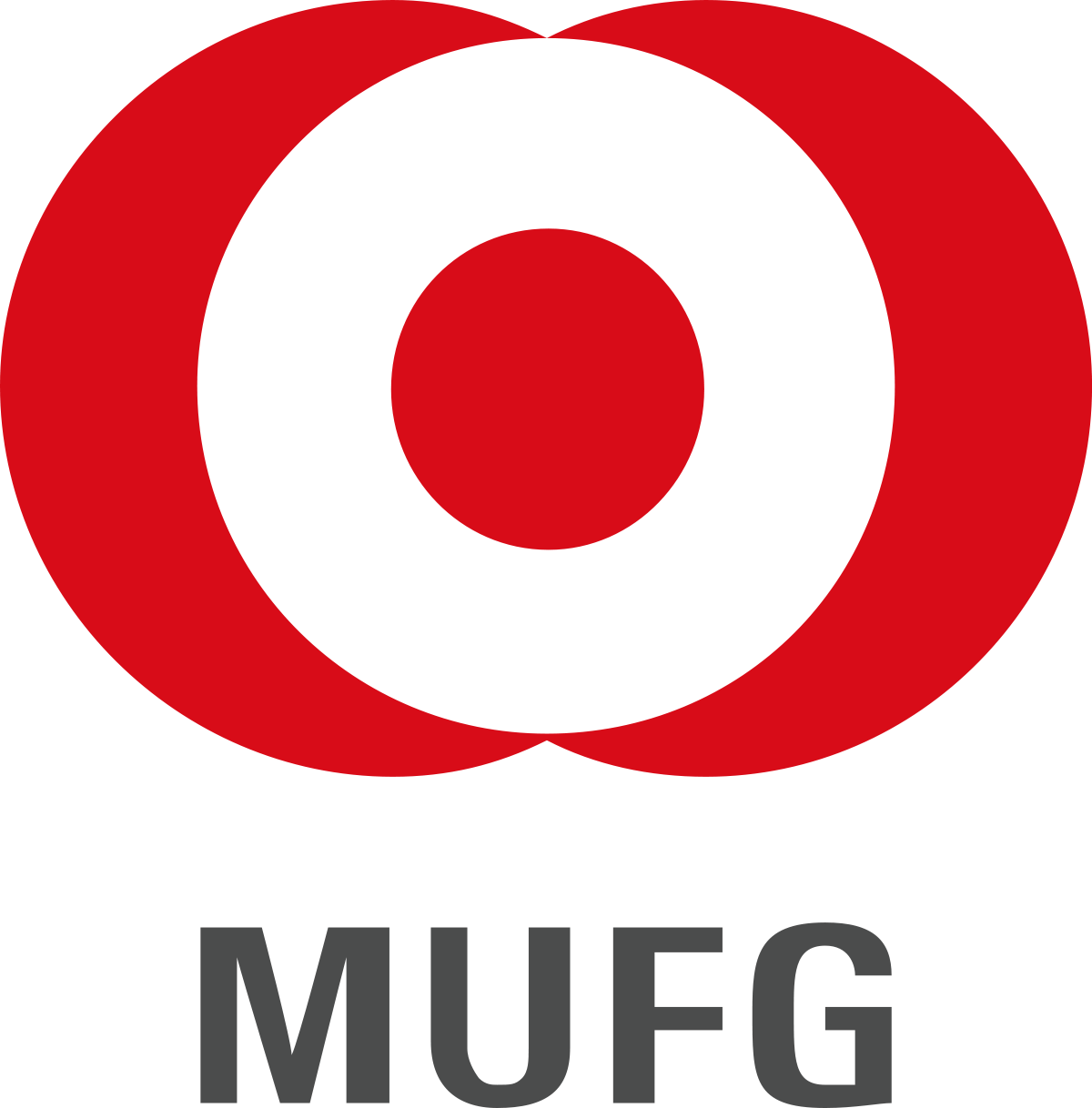Today's new ETF listings from around the world
Japan
Mitsubishi brings hedge fund dividend strategy to Asian ETFs
Mitsubishi's ETF issuer MAXIS is going hard and fast into the alternative ETF segment, listing a market neutral ETF that targets Japanese companies based on their dividends, the MAXIS Japan Equity High Dividend 70 Market Neutral ETF (1499).
Market neutral ETFs use a hedge fund strategy of buying similar stocks both long and short, so that they're covered whichever way the market moves (hence they're "market neutral"). 1499 will track the Nomura Japan Equity High Dividend 70 Market Neutral Index, which is calculated by smooshing together the Nomura Japan Equity High Dividend 70 Index, which is longed, and an index of TOPIX futures, which is shorted. In this way, 1499 "is meant to extract only the excess return versus the market for a high-dividend stock investment strategy (known as one example of a smart beta strategy), and aims to reap high dividend yields and stable returns regardless of market direction," the index factsheet says.
Market neutral ETFs are a new frontier for ETF issuers outside the US. Europe's first such ETF was listed earlier this month by Amundi. With Mitsubishi's listing of 1499, this is the first such product in Asia.
Looking to the US, there are only a handful of market neutral ETFs that target dividends as their only factor. Dividend market neutral ETFs have been the top performing market neutral ETFs this year.
USA
USAA has listed its actively managed bond ETF and very cheap smart beta small-cap ETF
USAA, the not-for-profit asset manager and insurer for the US military, has listed two new ETFs in the US. They are:
USAA Core Short-Term Bond ETF (USTB)
USAA MSCI USA Small Cap Value Momentum Blend Index ETF (USVM)
USVM tracks US small caps, splitting 50/50 between value and momentum.
To be eligible for listing, companies have to achieve a certain value and momentum score. Value is measured using standard methods: PE ratios, book value, and cash flow. Momentum is scored by six and twelve-month price fluctuations. USVM takes these scores and compares companies within the same sector. So small caps in consumer discretionary will have their scores compared, consumer staples theirs compared, and so on. USVM then takes the top-scoring 25% of companies from each sector, giving each sector an equal weight. Companies are then weighted within each sector by volatility, with less volatile companies receiving more weighting.
USVM charges 0.25% a year. This is very low by small-cap smart beta standards.
USTB is an actively managed bond ETF that hordes bonds with maturities of three years or less. While the fund can list in a wide variety of securities, it overwhelmingly holds US T-bills (which is what one presumes its ticker is an anacronym for). USTB's holdings are overwhelmingly investment grade, but the fund can invest up to 20% of its assets in high-yield securities, the prospectus says.



